Are you a busy mom struggling to prepare healthy meals that cater to dietary restrictions? Dive into this post to explore the world of balanced vegan meals. We'll debunk myths, share practical tips, and reveal the benefits of a whole-food balanced diet for you and your kids. Let's make meal times a joy, not a chore!
This content is for informational purposes only and not intended as medical advice. Please see our disclaimer page for more information.
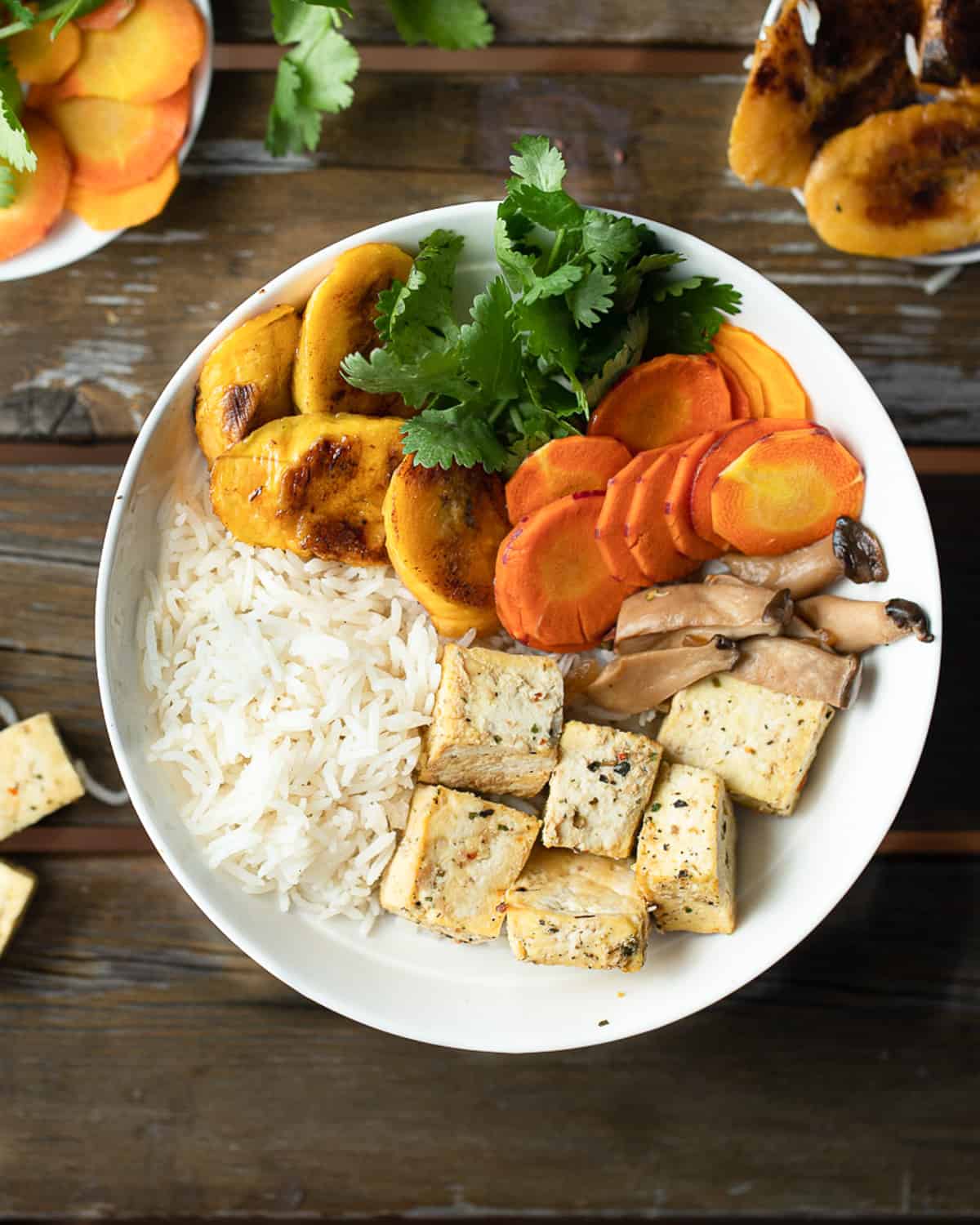
Jump to:
- The Busy Mom's Dilemma
- What is a Whole-Food Balanced Diet?
- Benefits of a Whole-Food Balanced Diet for Moms and Kids
- Why We Choose a Whole-Food Balanced Diet
- Tips for Incorporate Balanced Vegan Meals into Your Busy Schedule
- Overcoming Dietary Restrictions
- Tips for Keeping Your Meals Interesting
- Cooking Tips for Beginners and Intermediates
- The Joy of Eating a Whole-Food Balanced Diet
- Spotlight on Nutrition Experts:
- FAQ
- References:
The Busy Mom's Dilemma
As a mom of three and a food blogger, I know firsthand how challenging it can be to juggle a busy schedule and still find time to plan and prepare healthy plant-based meals. It feels like meal times always sneak up on us, doesn't it? And the pressure to constantly come up with new meal ideas that are not just tasty, but also well-balanced, can be overwhelming.
When I transitioned to a gluten-free, whole food diet due to my own and my son's dietary needs, I found myself navigating a sea of misinformation. There were countless voices online suggesting eliminating entire food groups or advocating for a raw-only diet. Bad advice about animal products and dairy products to cause fear and alarm!
But as a mom, I was concerned about how to best nourish my growing kids, especially given their existing gut and health issues.
I spent countless hours reading and researching, and luckily found advice from trusted professionals like Abby Sharp, Kids Eat in Color, and Forks Over Knives, amongs others. They helped me understand what a well-balanced and healthy diet looks like, and that eliminating food groups was not the right choice. This knowledge led me to focus on creating well-balanced meals for my family, a journey that eventually gave birth to this blog.
Here, we're all about balanced vegan meals. We believe in a plant-based diet that is rich in essential nutrients, as recommended by registered dietitians. We're here to debunk the myth that vegan and gluten-free diets can't be based on well-researched and well-balanced meals.
In the coming sections, we'll delve deeper into why we choose a whole-food balanced diet, how to plan balanced vegan meals, and what a healthy vegan diet looks like. Stay tuned!
What is a Whole-Food Balanced Diet?

Diet plays a crucial role in our health, influencing everything from our risk of chronic disease to our gene expression(1). A balanced whole-food diet ensures we get all of the essential nutrient and micronutrient needs our bodies need. This includes proteins, fats, carbohydrates, vitamins, and minerals.
Imagine a meal that's like a rainbow, filled with fresh veggies, hearty whole grains, and tasty plant-based or high quality proteins.
The whole grains, like brown rice and oatmeal, are the energy suppliers, keeping you fueled throughout your busy day. The proteins, like beans or soy products, are the builders, helping repair and build your muscles. Fresh veggies and fruits are the defenders, packed with vitamins and minerals to keep your body strong and healthy. And let's not forget the healthy fats, like avocados and nuts, which help your brain function and help your body absorb vitamins.
Each food group has a role to play, which is why they are all important aspects of healthy eating. A balanced diet isn't just about avoiding certain foods or cutting out food groups. It's about choosing a wide variety of plant-based foods and whole foods that provide all the nutrients our bodies need to thrive (1,2).
In the next section, we'll dive into the benefits of balanced vegan meals, so you can hit your nutritional needs and keep your family happy and healthy. And remember, if you're ever unsure, it's always a good idea to chat with a registered dietitian.
Benefits of a Whole-Food Balanced Diet for Moms and Kids
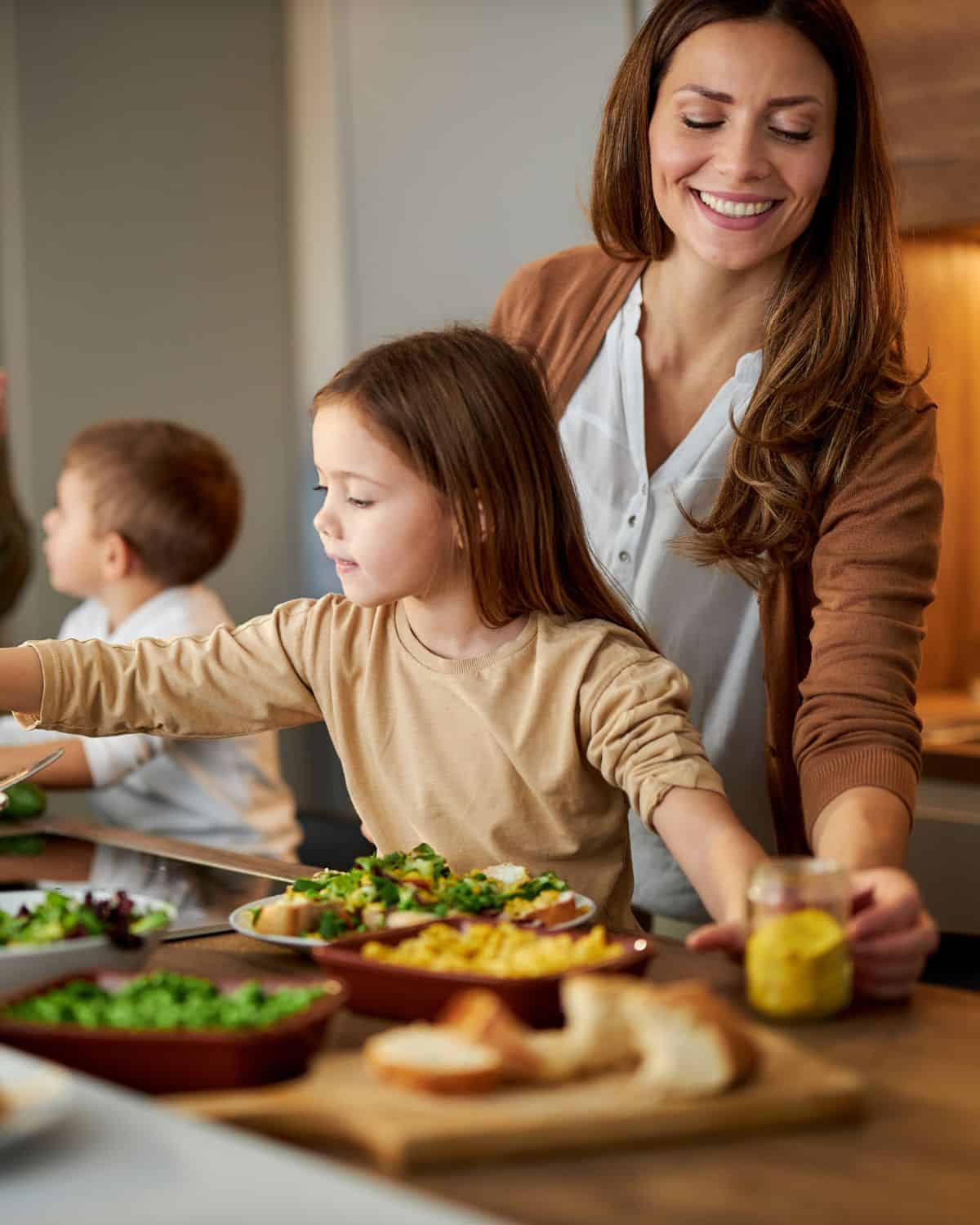
Embracing a whole-food balanced diet can offer numerous benefits for both moms and kids. One of the key advantages is its positive impact on brain health and development (2, 3, 4).
Healthy Fats: Balanced vegan meals that are rich in omega-3 fatty acids, found in foods like flaxseeds, chia seeds, and walnuts, can support brain health and cognitive function (4). These fatty acids are like the brain's best friends, helping to maintain its structure and function. They're especially important for kids, whose brains are still growing and developing (4).
Whole grains: Whole grains like brown rice and oatmeal, are another key player in a balanced vegan diet. They're packed with B vitamins, which play a vital role in brain health (3).
Fruits and Veg: And let's not forget about fresh veggies! They're loaded with antioxidants that protect the brain from damage (3). Think of them as the brain's personal bodyguards, always ready to ward off harm.
Protein: Another star player in creating balanced vegan meals is ensuring you have enough protein. Proteins are like building blocks for your brain, supporting its development and function. A diet rich in protein can help ensure that our brains are well-nourished and ready to take on the day.
Fiber: Another crucial component of a balanced diet, fiber plays a significant role in maintaining gut health. A diet rich in fiber supports a diverse gut microbiota, which is essential for overall health (6).
By opting for a whole-food balanced diet, regardless of your dietary preferences, you are not only prioritizing the health of your growing family but also reaping a wide range of benefits. These advantages encompass reduced risks of all-cause mortality, major cardiovascular disease, type 2 diabetes, weight gain, metabolic syndrome, depression, and cognitive decline (5).
Why We Choose a Whole-Food Balanced Diet
Choosing a whole-food balanced diet was more than a lifestyle choice for us; it's a commitment to supporting our family's health and dietary needs. With sensitivities and allergies to gluten and dairy in our household, we've found that focusing on balanced vegan meals is a delicious and nutritious way to cater to these needs.
We love the vibrant colors of fruits and vegetables, the hearty texture of whole grains, and the rich flavors of legumes and nuts. We enjoy exploring the world of plant-based proteins and meat substitutes, creating meals that are as tasty as they are nourishing.
But it's not just about plant-based foods. While we prioritize plant-based proteins, we understand that every family is unique. My boys and husband, for instance, still consume high-quality animal products. We believe it's not about being strictly plant-based, but about choosing to eat whole foods with a large focus on plant-based sources.
A whole-food balanced diet is rich in essential nutrients that our bodies need to thrive. It supports our overall health, boosts our energy levels, and helps us feel our best. Plus, it aligns with our values of sustainability and compassion for all living beings.
So, why do we choose balanced vegan meals? Because we believe in eating food that's good for us, good for the planet, and good for all. It's a choice that brings us joy and nourishment every day. And we're excited to share this journey with you, one delicious meal at a time.

Tips for Incorporate Balanced Vegan Meals into Your Busy Schedule
Here are some practical tips and strategies to help you incorporate balanced vegan meals into your busy schedule without breaking a sweat:
- Make Your Pantry Work For You: Stock your pantry with versatile staples like canned black beans, whole grains, pasta, nutritional yeast, and sauces. These can come in handy when you need to put together a quick meal.
- Quick and Easy Recipes: Keep a collection of quick and easy recipes that you can whip up in no time (pro tip: all the recipes on this blog focus on this!).
- Batch Cooking and Freezing: My favorite strategy! This is like your secret weapon against time. Prepare large quantities of meals over the weekend and freeze them in portions. This way, you always have a healthy and delicious meal ready to go. Just heat it up and voila - dinner is served!
- Use a Slow Cooker, Air Fryer, or Instant Pot: These kitchen gadgets are like your personal chefs. They do all the cooking for you while you're at work or running errands. You can prepare a variety of dishes, from soups and stews to grains and beans.
- Meal Prep and Planning: The dreaded meal planning tip (insert eye roll). But if you can, spend a bit of time each weekend planning out your meals. Create a grocery list around the healthy vegan recipes you will make. This really will save you a ton of time during the week and reduce the stress of figuring out what to cook each day.
Remember, the goal isn't to create gourmet meals every day. It's about feeding your family nutritious, balanced vegan meals that are easy to prepare and delicious to eat. With a bit of planning and some handy tricks, you can easily incorporate balanced vegan meals into your busy schedule. So, let's get cooking!
Overcoming Dietary Restrictions
Navigating dietary restrictions can feel frustrating and intimidating. That is how I felt when I first discovered our own food allergies. I remember crying in the grocery store so unsure what I would make my son for dinner that night.
In an instant, our entire family had to switch to a gluten-free, plant-based diet. It was extremely challenging, but ultimately the best decision for our health, as we saw tremendous benefits. If you're going through a similar journey, I want you to know that despite the hardships, the rewards are truly worth it. And that you are not alone. Leave a comment or send me an email.

Tips for overcoming dietary restrictions:
Here are some of the things that helped me transition and create balanced vegan meals:
- Understand Your Dietary Restrictions: The first step is understanding your dietary restrictions. Whether it's a food allergy, intolerance, or personal choice, knowing what you can and cannot eat is crucial. Consult with a healthcare professional or a registered dietitian to get a clear understanding of your dietary needs.
- Focus on Whole Foods: A diet based on plant-based ingredients, like fruits, vegetables, legumes, and whole grains, can provide a wide range of nutrients. These foods are naturally gluten-free and dairy-free, making them suitable for those with dietary restrictions.
- Plan Ahead: Planning your meals in advance can help ensure a balanced diet. This can also help reduce the stress of figuring out what to eat at each meal.
- Read Food Labels: When shopping, make it a habit to read food labels. This can help you identify any ingredients that you need to avoid.
- Experiment with Alternatives: There are numerous alternatives available for common allergens like dairy and gluten. For example, almond milk or oat milk can be used instead of cow's milk, and there are many gluten-free grains like quinoa and rice.
Tips for Keeping Your Meals Interesting
Eating the same meals over and over can lead to food boredom and burnout, especially if you are focuisng on a nutrition goal. Here are some tips to keep your meals interesting:
- Experiment with Different Cuisines: From Mexican to Thai, Indian to Italian, each cuisine offers unique flavors and dishes. Trying out different cuisines can add a fun twist to your meals.
- Play with Presentation: Sometimes, simply changing the way you present your food can make it more exciting. Use colorful bowls, arrange your food in a creative way, or try out a new garnish.
- Try New Ingredients: Every now and then, pick up something new from the grocery store. It could be a vegetable you've never tried, a new grain, or a different plant-based protein.
If you are looking for some recipes, ceck out some of our favourite balanced recipes:
Cooking Tips for Beginners and Intermediates
Creating balanced vegan meals doesn't have to be a daunting task. Here are some tips to boost your cooking confidence:
- Start Simple: Don't try to master the most complicated dish right off the bat. Start with simple recipes and gradually move on to more complex ones.
- Use the Plate Method: The Plate Method is a simple visual tool that can help you create balanced meals. Imagine dividing your plate into quarters. Fill half of your plate with fruits and vegetables, one quarter with whole grains, and the remaining quarter with protein. Add a small amount of healthy fats, like avocado or nuts, to complete your meal. This method can help ensure you're getting a good balance of nutrients at each meal.
- Learn About Portion Sizes: Understanding portion sizes can help ensure you're getting enough of each food group without overeating. For example, a portion of grains might be a slice of bread or half a cup of cooked rice, while a portion of protein might be a cup of cooked beans or tofu.
- Learn Basic Techniques: Understanding basic cooking techniques can go a long way in boosting your confidence. Learn how to sauté, roast, and steam, and you'll be able to cook a variety of dishes.
- Don't Be Afraid to Make Mistakes: Every great cook has had their share of kitchen disasters. It's part of the learning process. Don't be discouraged by mistakes, learn from them.
The Joy of Eating a Whole-Food Balanced Diet
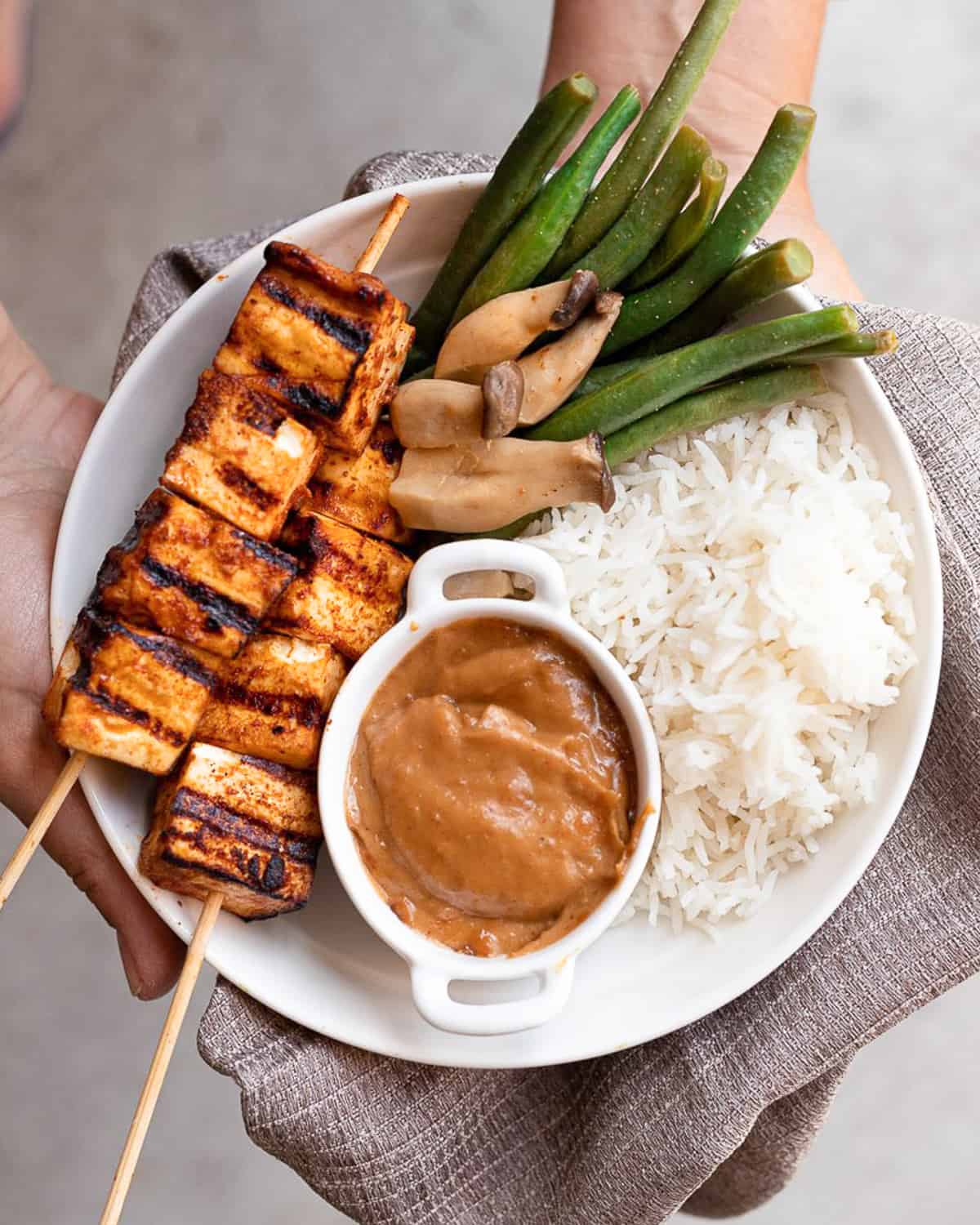
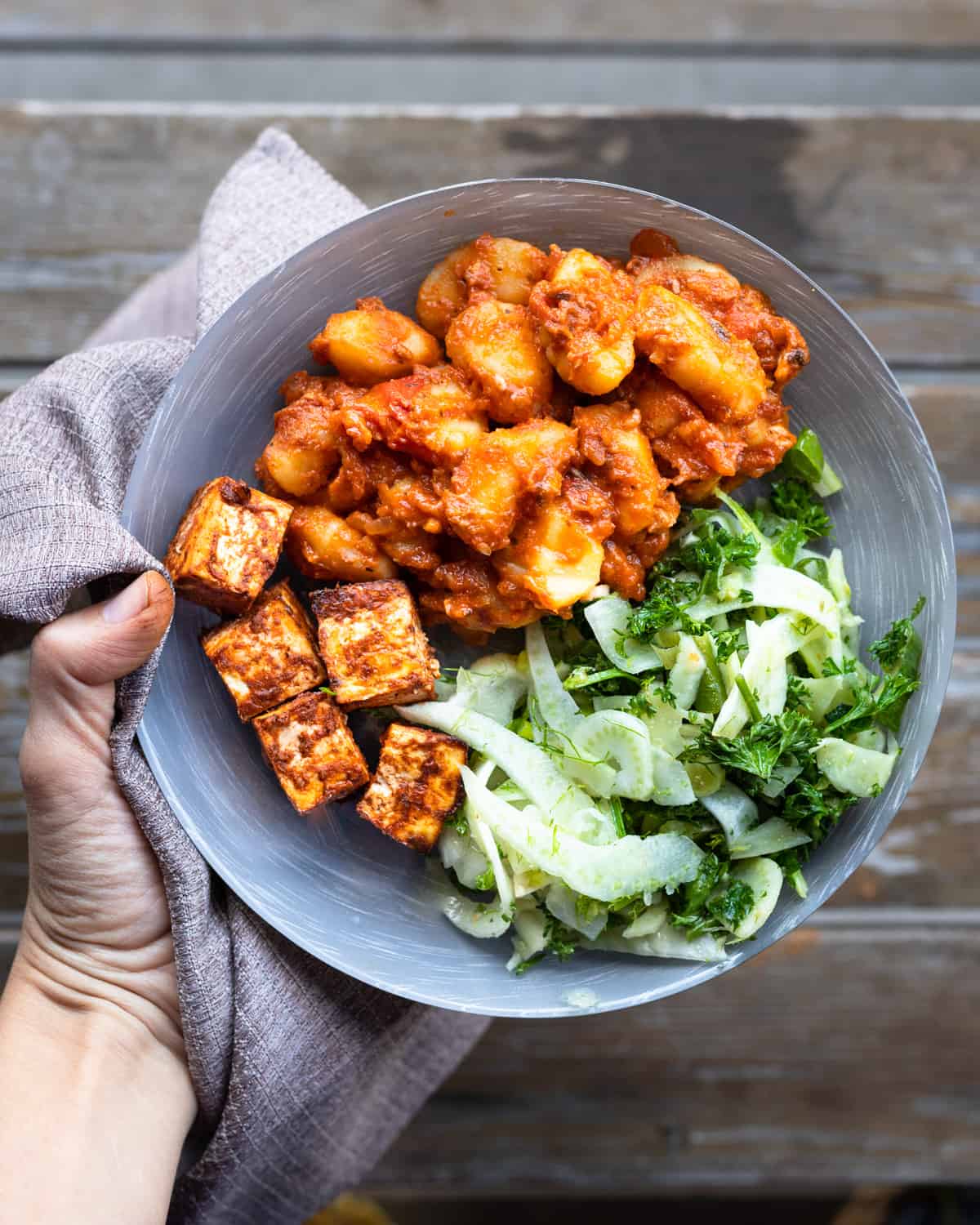
Eating a whole-food balanced diet isn't just about nourishing your body, it's about experiencing the joy of eating. It's about savoring the flavors of fresh fruits and vegetables, hearty grains, and delicious plant-based proteins. It's about the satisfaction of knowing that you're providing your body with the nutrients it needs to thrive. And most importantly, it's about sharing these delicious and nutritious balanced vegan meals with your loved ones, and seeing their smiles as they enjoy the food you've prepared. So, here's to the joy of eating a whole-food balanced diet!
Spotlight on Nutrition Experts:
- Abbey Sharp: Abbey is a registered dietitian, food blogger, and TV personality. She's got a knack for debunking fad diets and promoting intuitive eating. Plus, she's a mom and offers excellent advice on fostering a healthy relationship with food for kids. Check out her YouTube channel or Website
- Kids Eat In Color: Jennifer, a registered dietitian, is a fantastic resource for parents. She shares practical tips and tricks to get your kids to eat a healthy diet and understands the stress moms experience when trying to feed their kids. She believes in the importance of a healthy food relationship for our children's wellbeing. You can find her on her Website or Instagram.
- Plateful Health: Vivian, the face behind Plateful Health, is a medical doctor who has spent the last 14 years practicing lifestyle medicine. Her mantra is that food is medicine. While she doesn't specifically focus on child nutrition, she provides a wealth of evidence-based research on the power of food over our health. Visit her Website or Instagram.
- UnNatural Vegan: Although she keeps her identity a mystery, UnNatural Vegan provides well-researched and sourced information. She's great at dissecting fad diets and offers insights on raising healthy kids. You can watch her videos on her Youtube channel.
FAQ
A balanced vegan meal is one that includes a variety of plant-based foods to ensure you're getting a wide range of essential nutrients. This typically includes a mix of whole grains, legumes, fruits, vegetables, and healthy fats.
A balanced vegan plate is colorful and diverse. Imagine a plate divided into quarters. One quarter should be filled with a protein source, another quarter with whole grains, and the remaining half of the plate filled with a variety of vegetables. Add a sprinkle of healthy fats, and you've got a balanced vegan plate!
A balanced vegan plate is colorful and diverse. Imagine a plate divided into quarters. One quarter should be filled with a protein source, another quarter with whole grains, and the remaining half of the plate filled with a variety of vegetables. Add a sprinkle of healthy fats, and you've got a balanced vegan plate!
Hope this was informative. And remember to do your own research, after all, I am also just another food blogger. While I do have a Ph.D. in Health Science I am NOT a dietician or nutritionist.

References:
- Katz, D. L., & Meller, S. (2014). Can We Say What Diet Is Best for Health? Annual Review of Public Health, 35, 83-103.
- Arenas-Jal, M., Suñé-Negre, J. M., Pérez-Lozano, P., & García-Montoya, E. (2020). Trends in the food and sports nutrition industry: A review. Critical Reviews in Food Science and Nutrition, 60(1), 43-55
- Bourre, J. M. (2006). Effects of nutrients (in food) on the structure and function of the nervous system: update on dietary requirements for brain. Part 1: micronutrients. The Journal of nutrition, health & aging, 10(5), 377.
- Gomez-Pinilla, F. (2008). Brain foods: the effects of nutrients on brain function. Nature Reviews Neuroscience, 9(7), 568-578.
- Martínez-González, M. A., Gea, A., & Ruiz-Canela, M. (2018). The Mediterranean Diet and Cardiovascular Health. Circulation Research, 124(5), 779-798.
- De Filippo, C., Cavalieri, D., Di Paola, M., ..., & Lionetti, P. (2010). Impact of diet in shaping gut microbiota revealed by a comparative study in children from Europe and rural Africa. Proceedings of the National Academy of Sciences, 107(33), 14691-14696.
- MyPlate - Official Guide to Healthy Eating from the USDA

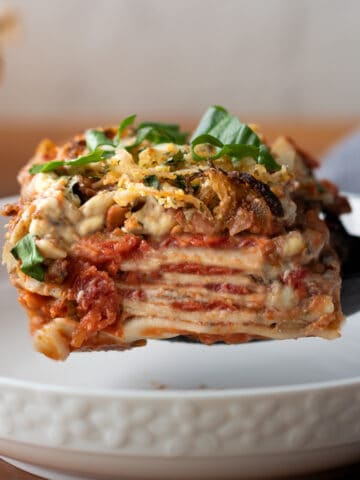
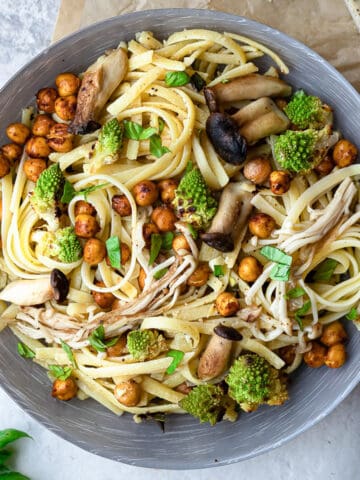
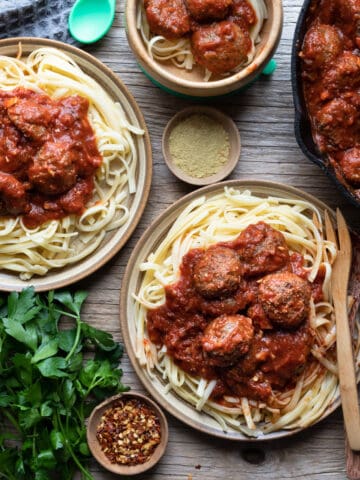
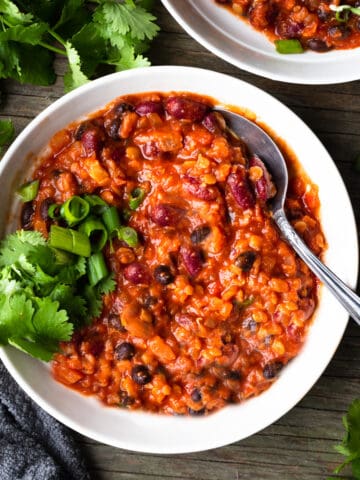

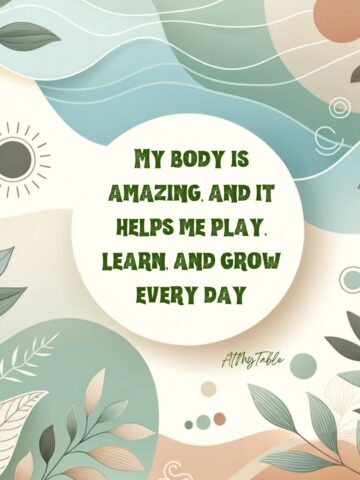



Hwa Poulson says
Please, I need help with supplies.
Our family is out of toilet paper and we can't find any at the shops.
I can get n95 masks at http://FreelyTrade.com
Please list your extra supplies at Freelytrade? We'll pay WHATEVER the fair going rate is for it!
You'll save our lives now!
Stay safe
Hwa